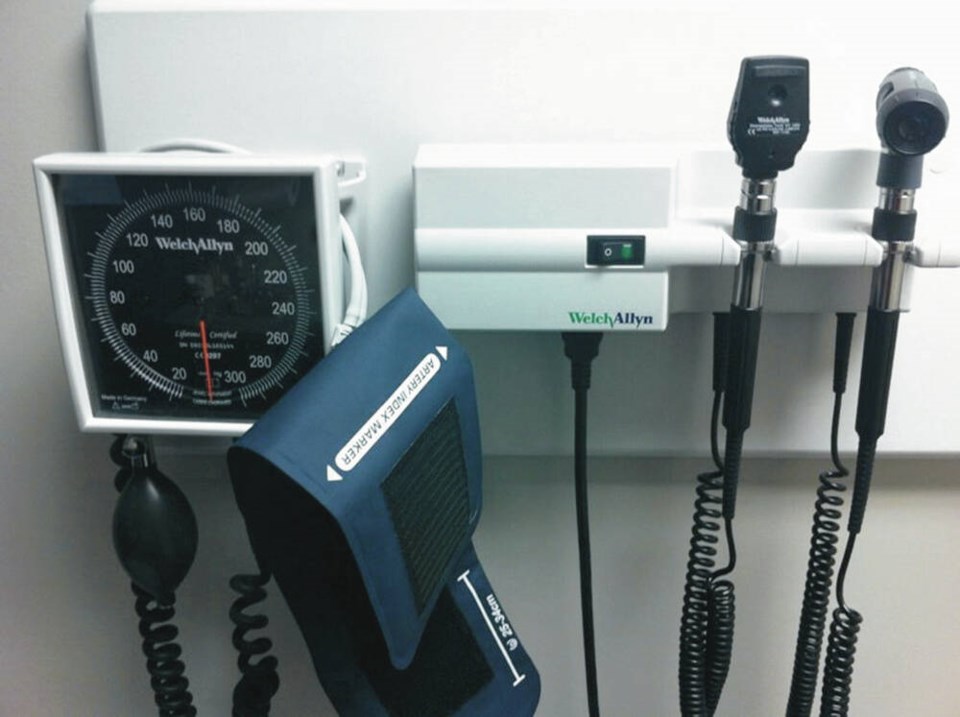A commentary by a retired family physician who lives in Saanich.
History is a record of experiences. It can be recent or it can be remote or anywhere in between. The value of history is that it can be studied in detail, and used as a learning opportunity.
It should not, and in fact cannot, be rewritten. It can be analyzed with regard to the veracity of the words, but history happens.
It may be ugly, it may be embarrassing but it happened and it cannot be changed — and nor should it be hidden.
Examples are numerous. A local one is the destruction of the historic displays on the third floor of the Royal B.C. Museum. Canada was colonized and the behaviour of many colonists leave much to be desired — or much to be learned from.
An extreme example of this is any unpleasant or uncomfortable truths are dubbed “fake news” by the last president of the United States of America and are relegated to the garbage can.
I have retired from family medicine when it is in a terrible state. I was in full-time family practice in Victoria from 1978 to about 2018. For the first 20 years family physicians were vilified and blamed for the escalating costs of medical care. In 1991 a royal commission was created and presented its findings in a document Closer to Home.
Some quotes from this document reflect the mindset at that time:
“Payments to physicians through the Medical Services Plan account for about one-quarter of the Ministry of Health’s budget, a budget made up, of course, of taxpayers dollars.”
“‘Strategies for Change’”
“State clearly that immigrant physicians do not have a right to practice medicine in B.C.”
“Develop a program to limit the number of physicians practising in B.C.”
“Limit expenditures for physician services by imposing an annual global cap on the total billings by physician.”
This incorrect mindset for so many years has contributed, in large part, to the current family practitioner shortage.
The next blunder — or learning experience — was in the early 1990s when it was realized that hospital patients were becoming more complex and required their own discipline of “hospitalists.”
This was a necessary step but was not thought through completely resulting in unintentional consequences.
Just for southern Vancouver Island this discipline required 71 primary care physicians. Where were these physicians going to come from? A significant majority came from the pool of family practitioners. Looking at it another way, imagine how much better family practice would be with 71 more full-time family physicians.
If this essential program was thought through, then before its implementation there should have been several additional medical school places created, and the hospitalists program introduced more gradually. It is an important aspect of patient care, but was not urgent.
I was still in practice when this program was introduced and I was glad to be spared the early morning rounds of hospital care, but at the same time could feel the winds of change.
So though the royal commission was literally in the last century, it should still be referred to for learning so that the recent federal health-care funding is used optimally.



